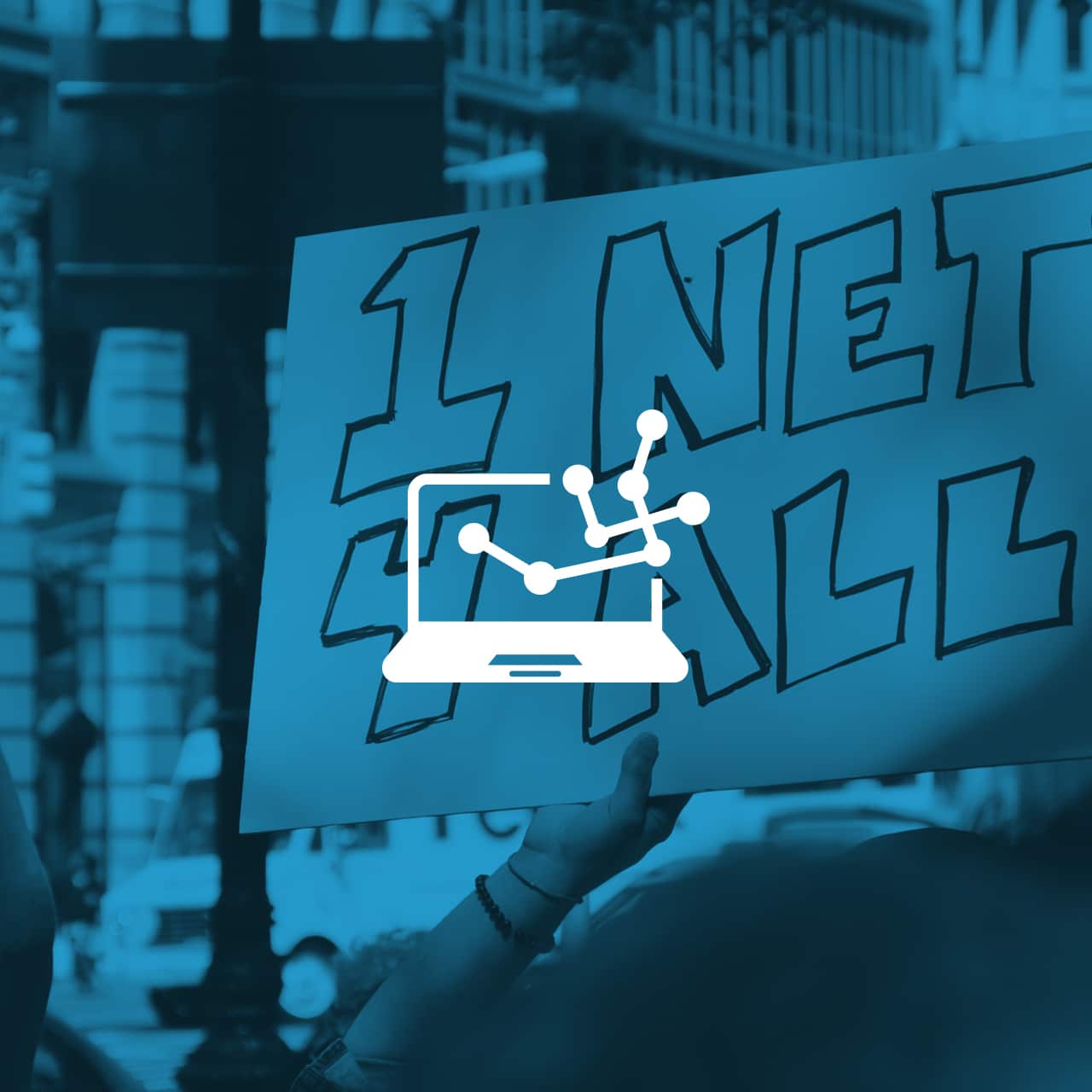Wikipedia’s vision is “a world in which every single human being can freely share in the sum of all knowledge.” It’s a value that we at Access share. So we were shocked last week when the Wikimedia Foundation, which supports and hosts Wikipedia, turned its back on the greatest driver of open access to information the world has ever known, the open internet.
In a blog post, the foundation’s Deputy Director Erik Moeller promoted a relatively new offering, Wikipedia Zero, a partnership with telecom companies to provide access to Wikipedia free of charge. The idea is to overcome the prohibitively expensive data charges that contribute to keeping many people around the world offline. In making the case for Zero, Moeller argued that the Wikimedia Foundation is committed to net neutrality — the notion that all online data should be treated equally — and that Zero doesn’t violate this fundamental concept of the open internet. We respectfully disagree. We believe that Zero clearly violates net neutrality and is an attack on the future of the open internet.
Wikimedia is not alone in forging “zero-rating” deals with telcos. Facebook has also struck deals to offer low-data versions of its services in both developed and developing countries. But Wikimedia argues that unlike Facebook Zero, its service is non-commercial, and therefore deserves a special Wikipedia carve-out because no money is changing hands in exchange for prioritization over other services. No money, no net neutrality violation.
This reasoning fails to pass the smell test. The company’s own recently updated terms of service recognize that payment and benefit need not be monetary. In fact, Wikimedia is using its well-known trademarks as currency in deals with telecom partners as it seeks to acquire more users via Wikipedia Zero.
Current users understand that the revolutionary nature of the internet rests in its breadth and diversity. The internet is more than Wikipedia, Facebook, or Google. But for many, zero-rated programs would limit online access to the “walled gardens” offered by the Web heavyweights. For millions of users, Facebook and Wikipedia would be synonymous with “internet.” In the end, Wikipedia Zero would not lead to more users of the actual internet, but Wikipedia may see a nice pickup in traffic.
As the Wikimedia Foundation claims to know, the diversity and plurality of knowledge the internet can deliver is, in essence, what makes net neutrality so important; equal treatment of data results in equal access to all. It’s hard to see how zero-rated services can comport with this principle.
In addition, suggesting that free access to Wikipedia or Facebook is the solution to limited internet access in the developing world is like putting a Band-Aid on a bullet wound. It leaves the underlying, complex causes of the digital divide untreated. Moreover, offering services that don’t count against data caps, in developed and less-developed countries alike, tips the balance in favour of zero-rated services, effectively salting the earth of low-cost net neutral alternatives in the future. The long-term effect of these services will be a decline in innovation and competition online — with a particular bias against homegrown services in favor of companies based thousands of miles away in Silicon Valley — and, ironically, a reduction in access to information and knowledge.
Wikipedia Zero and similar services are playing into the hands of incumbent telecoms, who already have a stranglehold on markets around the world. Zero-rated offerings make these telcos’ services more attractive, solidifying their already overly-dominant positions in most markets, and further advancing the idea that websites should have to pay extra to reach users, which once again runs afoul of net neutrality principles and further hurts the development of online content and services.
Wikimedia has always been a champion for open access to information, but it’s crucial to call out zero-rating programs for what they are: Myopic deals that do great damage to the future of the open internet. As more and more users come online and with active battles around net neutrality being waged around the world, it is the responsibility of respected leaders like Wikimedia to ensure that new users discover an internet that actually represents “the sum of all knowledge.”
If it takes off, Wikipedia Zero can, with one fell swoop, change the course of the open internet — and not necessarily for the better. No corporate or single platform — whether it’s Facebook or Wikipedia — should be put in charge of curating access to the world’s information. Simply put, zero rated content makes zero sense for the future of the open internet and the rights of those who use it.
